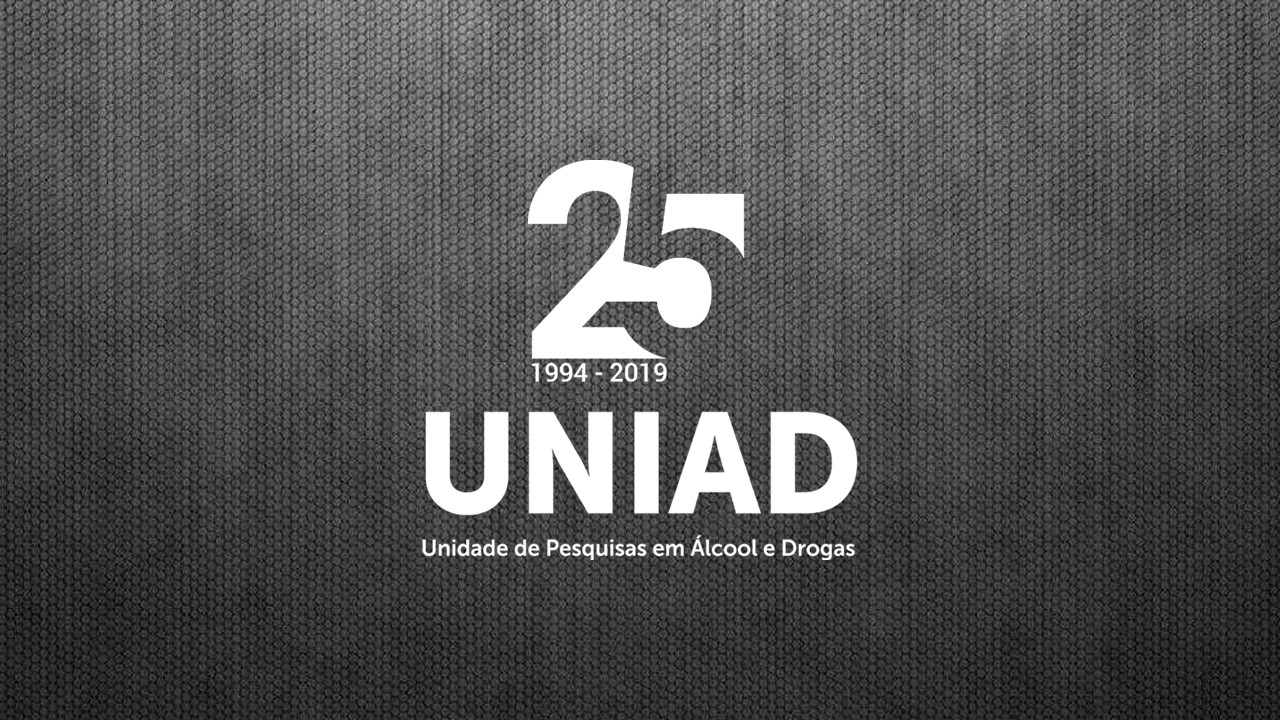Cannabis use in patients 3 months after ceasing nabiximols for the treatment of cannabis dependence: Results from a placebo-controlled randomised trial

Introduction and Aims
Previous studies suggest cannabinoid agonist treatment is effective in reducing cannabis use in dependent treatment seekers, however few studies have reported on post-treatment outcomes. We examine cannabis use outcomes 12 weeks after cessation of treatment from a randomised placebo-controlled trial of nabiximols for the treatment of cannabis dependence.
Method
128 participants received either nabiximols (n = 61) or placebo (n = 67) for 12 weeks, in combination with psychosocial interventions. Self-reported number of days of cannabis use in the previous 28 days was measured at baseline, 4, 8, and 12 weeks (end of treatment) and again at 24 weeks (3 months after treatment ceased). Urinalysis was used to confirm self-report data at Week 24 interview.
Results
A factorial mixed-effects model for repeated measures regression revealed that the nabiximols group used cannabis on 6.8 fewer days in the previous 28 days at week 12 (end of treatment) than the placebo group (p = 0.002, CI: 2.1,11.4), and 6.7 fewer days in the previous 28 days at the week-24 follow-up than the placebo group (p = 0.006, CI: 1.4,12.1). A significantly higher proportion of the nabiximols group (14/61; 23 %) than the placebo group (6/67; 9%) reported abstinence from cannabis in the previous 28 days at the week-24 research interview OR=3.0, CI: 1.1, 9.1; p=0.035, NNT=8, CI: 4, 71).
Discussions and Conclusions
The benefits of treatment incorporating nabiximols with psychosocial interventions in reducing cannabis use appears to persist for up to 3 months after the cessation of treatment. A stepped care model of treatment is proposed.


